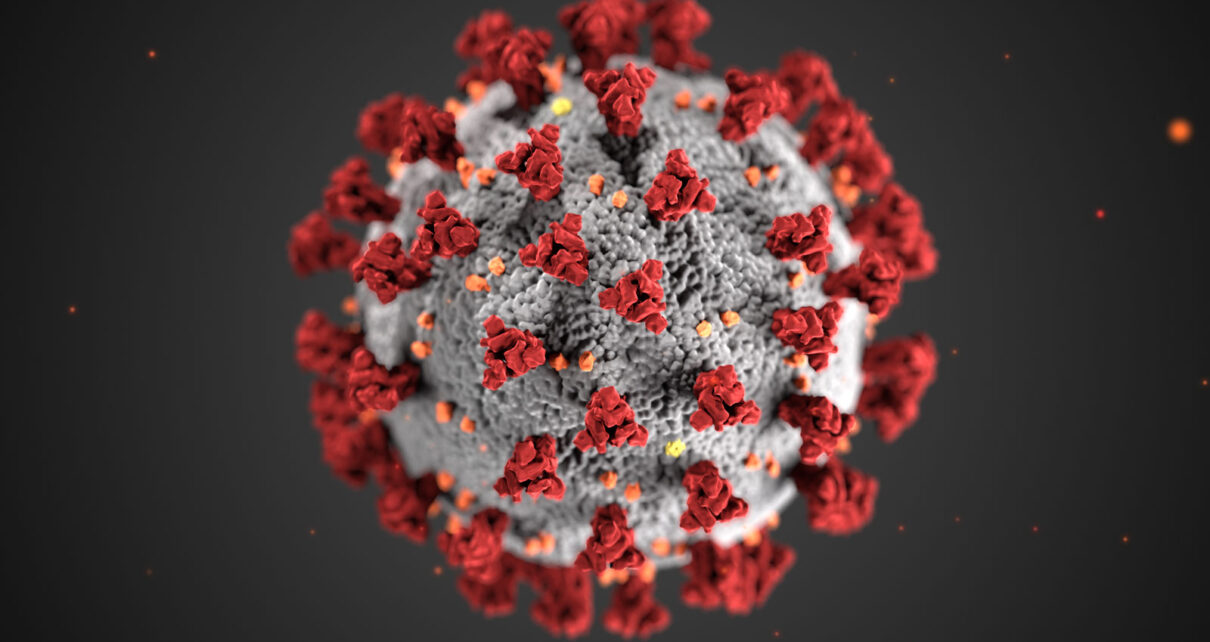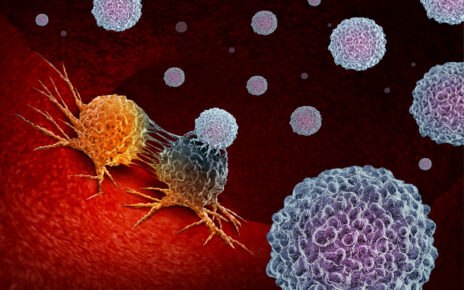The Delta variant of SARS-CoV-2, which was identified as the reason behind breakthrough infections in the deadly second wave of coronavirus in India, has further mutated to form the ‘Delta plus’ or ‘AY.1’ variant.
World Health Organisation, last month, tagged B.1.617.2 strain as the ‘Delta’ variant of SARS-CoV-2.
“It has been seen in Europe since March and was brought into the public domain on 13 June,” said Dr VK Paul, Member-Health, Niti Aayog.
“As per data available in the public domain, the Delta variant nullifies the use of a monoclonal antibody. We will study and learn more about this variant,” he said. This treatment for Covid-19 was recently authorised by the Central Drugs Standard Control Organisation (CDSCO). However, there is no indication yet of the severity of the infection yet.
Vinod Scaria, a scientist at Delhi-based CSIR-Institute of Genomics and Integrative Biology (IGIB), said that the formation of Delta plus variant was the result of a mutation in the spike protein of SARS-COV-2. It is the same spike protein which enables the virus to enter and infect human cells. However, he added, “The variant frequency for K417N is not much in India at this point in time. The sequences are mostly from Europe, Asia and America.”
The B.1.617.2 strain or the Delta variant of SARS-CoV-2 was identified as one of the drivers of the second wave of Covid-19 infections that devastated parts of India earlier this year.
During the second wave of Covid-19, the government said, about 11.62% cases were seen in the below 20 years age group, while it was 11.31% during the first wave.
Public Health England, in its latest report on coronavirus variants, said the Delta plus variant was identified in six genomes from India as of June 7. The health agency has confirmed the presence of a total of 63 genomes of the Delta variant with the new K417N mutation.




